It is officially the internet age, a time when it is all too common for someone to hurl insults, falsify personal information and simply be a person that is neither honest or responsible because the fear of being openly identified as such across so many miles of internet is almost nil. I used to belong to a number of email chat lists on various topics of horses, and most had instituted a regular mailing warning that if you were guilty of FLAMING other members you would be moderated or just kicked off the list. It was so common that someone would lose their temper and go bananas over someone else's opinion that these warnings were so frequently necessary – and there were still “instances.”
Of course movies depict similar cases of complete breakdown in the edit button and even in a person's moral code – movies where people are somewhere out in the woods, terrified and being chased and pretty soon they are murdering their friends. I actually watched one last night come to think of it. One of the characters was attempting to rescue his friend who he thought had been kidnapped and in the end he tried to saw her in half. Believe it or not, humans are capable of being more animalistic than civilization would like to believe or allow.
Having something public, such as a blog, puts a person in the face of criticism at any time they decide to post any opinion. I have known this and I take no issue with criticism – true and real criticism that is. What other kind of criticism is there? Well, there are comments which begin by calling me an “utter MORON” and go south from there including cursing. I wonder at times, would the people who write this sort of stuff have the gall to express those same sentiments to my face if we met in person at random? Say they ran into me at a dinner somewhere in public, would they yell and shout, scream curse words at me and call me names to express their dislike of my opinion?
I cannot take their comments or proposed opinion seriously now, they have committed a cardinal sin among arguments – if you have a reasonable and true argument you ought to be able to win your case without behaving like an upset toddler in the sand box. Don't throw sand in my face, it only disinterests me further in the case you are pleading. Have you ever seen the mothers trying to win an argument with their child in a store – the child losing it to a temper tantrum and the mother obviously losing the battle by even entertaining the notion that her now irate tike could possibly find sense in her reasoning. I always feel bad when I watch those transactions, and do not believe in entering into them in face to face meetings or online.
As equestrians we see this as well – riders getting into fights with their horse for whatever reason when there is no real reason to fight with the horse. Those are all real world examples however, and where I am pointing is the web. How does the disconnect between people on the web make it the perfect breeding ground for hostilities? I blame it on responsibility – or the lack of. There are a lot of things that people are willing to do on the web, that they would shy away from doing in person, under the guise of believing that no one outside of that small interaction will ever know. If you have never used the Wayback Machine, then you may be in for a surprise believing that simply using the delete button solves every problem…
The use of anonymity and usernames instead of real names helps people mask themselves from being instantly identified. A small fish in a big pond in the real world can mold and bully themselves into the big fish in a small pond somewhere on the web. I encourage you to visit any number of horse forums on the internet to see this phenomenon – generally the smaller the membership on the forum the higher ranking one individual is over the rest. And this is great, an ego stroke for someone who so badly wants it that they seek it out over the web.
I wonder, if someone knew that every person they would meet in real life were going to perform a thorough Google search on them, completely trace their background interactions across the internet – would they say they express themselves in the same way? Would they scream at others who disagree with them, call them names and otherwise throw a virtual temper tantrum?
Further still – what occurs in their barn when no one is watching and their horse expresses an opinion they do not like? Do they lose it with their horse, yelling and screaming, perhaps yanking and whipping them because name calling is not punishing enough? If I lose any respect for a person who first insults and then attempts to argue their opinion, what does that say about their horse's opinion of them should they use that same tactic in the barn?
My all time favorite has always been the person who goes overboard in insults, cursing and name calling while interspersing it with an argument that they take the best care of their horse, their horse loves them and its work, their horse is the most well cared for and loved animal. Why does this sound like political banter to me? You say you do x, y and z for your horse, all while you are clearly unable to control your anger and upset over a simple opinion.
Digressing a bit – what does it mean to be an honest and responsible equestrian and what does that have to do with online interactions? I will refer again to the movies, only because most everyone has seen a movie like this before. The angry, insecure man who yells and screams, throws tantrums and beats on his wife/girlfriend/etc. What does everyone who is watching the movie know about this person? That his argument holds no value – he is resorting to the lowest form of response which has absolutely no connection to the original subject matter. His girlfriend thinks that tonight would be a great night for chicken and rice but he thinks it should be steak and potatoes – so he breaks three of her ribs and gives her a black eye while screaming that she is a less than honorable woman so to speak.
If we are honest I doubt that this kind of anger builds – why would it? When a person is honest and responsible for their opinions, ideas, beliefs, etc then why should they have to resort to bullying tactics in order to convince others. Better yet – what does it matter if others disagree with you?
When I blog, I stand behind my opinions unless someone can reason to me in a way that makes me think differently. I hope that most of my readers know I am fully open to their differing opinions should they give me a fair argument in return and in return I encourage others to do likewise. If we want horsemanship to progress for the better this is a means of doing it – not by throwing sticks and stomping our feet like toddlers, but by using our thoughts, ideas and words.
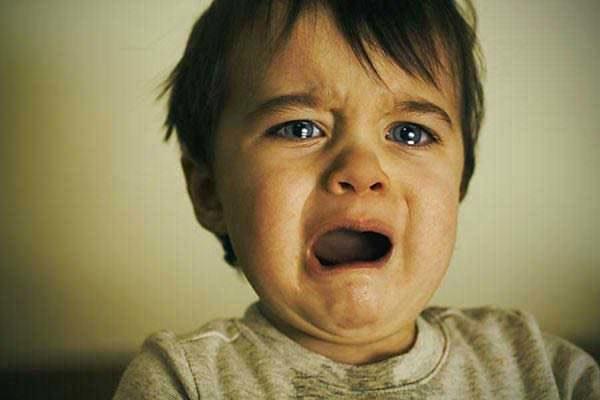


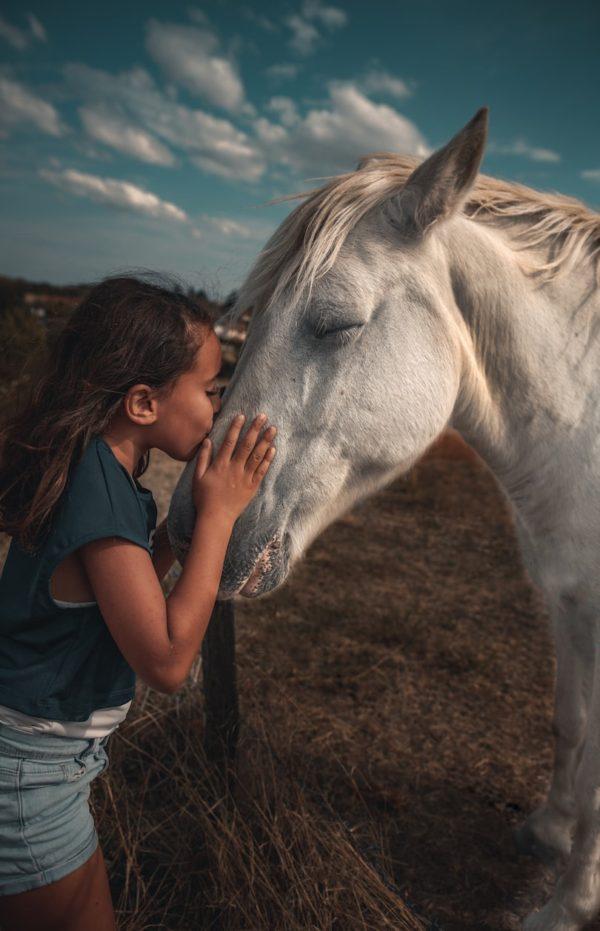
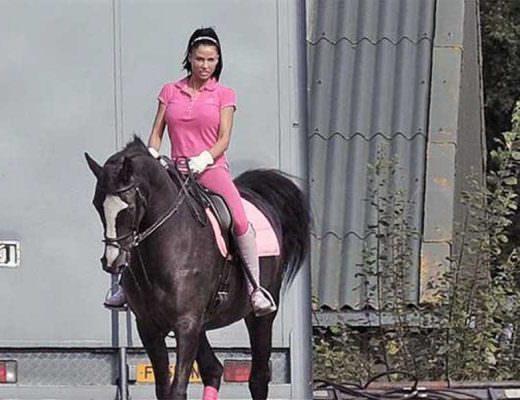
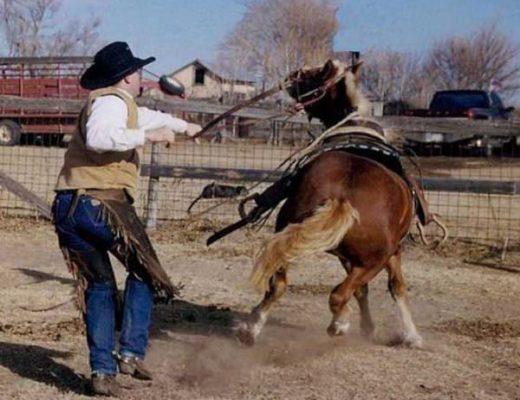
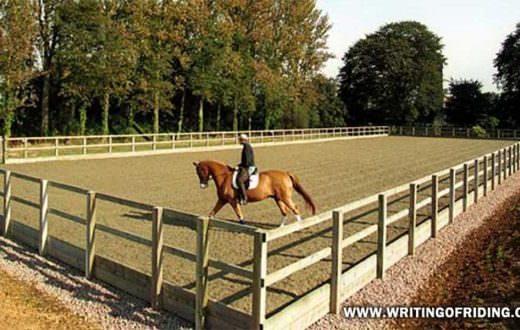
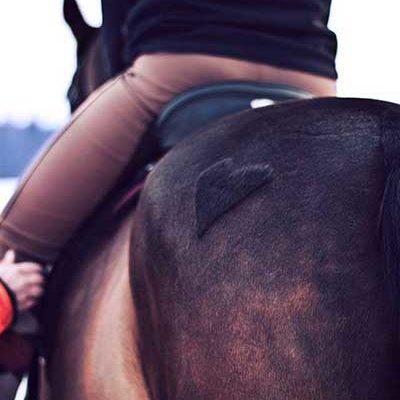
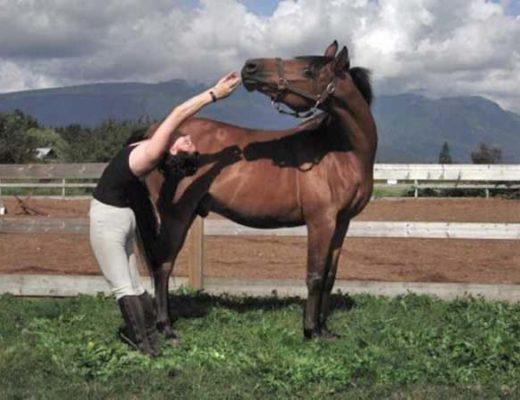

Debate is what could/should happen when there is difference of opinion. If everyone agreed, it would be a boring world. When people resort to name calling and language intended to intimidate, it is no longer civil.
I guess I think differently to me it makes me think your negative,and you might not be that way at all,I don’t ride reigners,or follow parreli,or Clinton,but have never felt the need to analyze them,I will say Clinton lived in my area and he does have some nicely broke horses,I stumbled accross your blog by mistake and ussually I am not interested in blogs,I would think if you are in the business of training and working on horses for a living you may really turn people off, and maybe harming your business,I just hope you work on your own horsemanship quit worrying about pat,and Clinton the reigners,barrelracers
I really don’t get that at all and I m not trying to be argumentative,but can you explain,I wouldn’t think pat parelli or Clinton Andersen are evil?
I don’t want to take over a blog that is not mine – but read the sentence again – no where did it say those men were evil. However, following the premises of “mind my own business and “what everyone else is doing is fine” is one of the ways evil takes hold of good things.
I guess I ve always took the approach to set an example ,but whatever works for you.
Ah, yes, the “whatever works for you” approach comes highly recommended by many.
What does that mean??I just don’t feel the need to criticize pat parelli or Clinton Anderson I think they have done a lot to improve horsemanship,I don’t know your age,but you should have seen things fourty years ago,you really would have been appalled,horsemanship has improved by leaps and bounds, taking a no it all attitude makes you quit learning ,I ve worked with cowhorse trainers,a futuritie barrelracers ,worked for a Clinton Anderson follower and I learned so much and got a good understanding of there methods,be open minded ,I had never heard of French classical dressage until I seen this site,I sure wouldn’t criticize I know nothing of it and wouldn’t be qualified good luck with all you do and try to be a liitle more flexible not so rigid there is good and bad in everything in life!
Denise,
Your questions are good – keep the mind working. Why exactly do I write about public faces and my disagreements with the way they ride and train? What is the purpose of my blog?
To answer those comes back to my ultimate goal – which is the fair and honest treatment of the horse. I probably view the horse differently than most; his position in our society is imo often as a slave, an object, a mechanical source of entertainment and the stroking of personal egos. I would not go as far as to say that outlawing any interactions with horses is the solution to finding fair treatment for them, but I do think that it is vital and important to keep communications and discussions going which constantly challenge the status quo and what is considered to be acceptable.
It was not so very long ago that slavery existed in America, but we have very quickly forgotten what it looks like for someone to own another being, to speak for them, to make a profit off of them, to make assumptions that they enjoy their work or love what they do when the horse cannot voice his literal opinion to support or deny these claims. Instead, we have to rely upon physical indicators that the horse gives us to interpret from.
To quickly touch on body language – humans are interesting in this way, we will completely discount and ignore body language and believe another person’s words even when the two are in strong conflict with one another. This is a societal issue – a trait that is trained into us. As kids we know precisely what people are good and bad, which ones are lying and telling the truth. Over time we are told repeatedly to ignore our “gut feelings” and reading body language in place of trusting words.
Back to the purpose of the blog and the topics. If the horse has no voice then someone must speak up in their place to push for better treatment of them. Why is it okay to tie a horse’s head around to the saddle for periods of time to “teach” them to flex when it would never be acceptable for a gym teacher to do the same to his students? Where the topic of barrel racing came up previously – a question that sticks in my mind is that if those horses really loved their work, enjoyed it and knew exactly what their rider wanted – why would the rider ever have to kick the horse on the return sprint? If the horse loved, enjoyed and knew his job he would already know to sprint his hardest on the return without the rider having to kick him.
Professionals are often given a great deal of leeway simply because they are termed “professional” when all that really means is they are getting paid to do what they are doing. I’ve seen horrors at the hands of so-called professionals in their barns when they think no one is looking, but the second eyes are on them they are another persona of love and devotion to their horses. Look at Tennessee Walkers and all the soring practices – there is a plethora of “professionals” in that group who take no issue with applying chemicals that eat away at the flesh on their horse’s pasterns all for the sake of a blue ribbon.
Horses are amazing creatures and at the same time it is such a crime to witness any abuses against them because more often than not they take it. They take every injustice with only a small percent strongly opposing that sort of treatment – and then they are labelled high strung, crazy, stupid, or any other number of labels that attempt to take the responsibility away from the person who has caused their horse to react in this way and place it on the horse who is now a problem horse or somehow ruined.
Ann’s quote about evils is, I believe, not meant to be taken in the literal sense of evil – but relatively speaking good vs. not good. If a person measures good horsemanship as being how many ribbons you’ve won, titles you’ve been given, prize money awarded then any professional at the top of their sport could be called good. My personal opinion of good horsemanship is directed more at the treatment of the horse vs. sport or monetary accomplishments.
Cheers